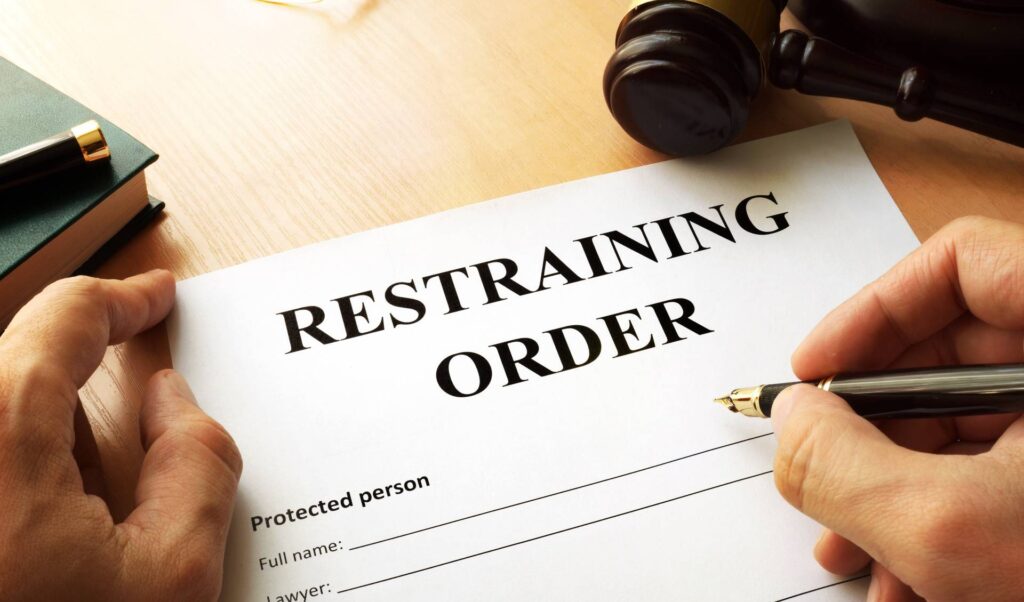Being in a situation where you believe your life is in danger is terrifying and traumatic. If you act to protect yourself, you could still find yourself in trouble with the law. Here’s what you need to know about what can happen if you kill someone in self-defense.
Could Someone Be Charged with Murder in Massachusetts if They Killed in Self-Defense?
The short answer is yes, it’s possible to be charged with murder in Massachusetts if someone killed someone else in self-defense. However, the laws around self-defense are complex, with several aspects that must be considered when planning to use a self-defense approach. That’s why it’s strongly advised to work with an experienced criminal defense attorney to determine your rights in a self-defense case.
Massachusetts protects the right of its citizens to bear arms, but the law in this state nevertheless prohibits the possession of firearms in specific situations. If you’re accused of a firearms violation, you will need to be advised and represented by a Boston weapons crimes attorney.
Massachusetts law spells out who may own, carry, or use a firearm and what kinds of firearms are allowed in this state, so a person who wants to possess or carry a firearm in Massachusetts should know the state’s weapons laws.
If you’re charged with a weapons violation, what is your recourse? What are the penalties for a conviction? How can you defend yourself against a weapons charge? If you’ll continue reading, these questions will be answered in this short introduction to the firearms laws in Massachusetts.
When Is Self-Defense a Legitimate Defense for Killing Someone in Massachusetts?
Massachusetts law specifies actions that must be taken for injury or death to be considered part of a self-defense plea.

Before someone attacks someone else, there are conditions that must occur.
- The person must believe their safety is in immediate danger and that they’re about to be attacked. An example is someone who is out for a walk at night and is approached by someone else with a knife or other weapon.
- The person being attacked must make an attempt to avoid using force to escape the situation. In the example above, that might mean the person being attacked manages to dodge the attacker, perhaps by escaping into a nearby building, locking the door, and using a cell phone to call the police.
- The person being attacked must not use more force than necessary to fend off the danger. In the example above, the person being attacked could try to disable the attacker by throwing something heavy at them that wouldn’t kill them but could disarm them or immobilize them, reducing the imminent attack.
Is it Enough to Claim the Attacker Came at Me First?
This is where Massachusetts laws become complicated. While it’s entirely reasonable to believe that someone faced with someone coming at them with the intent to attack could panic and fire a gun, the law says self-defense isn’t applicable unless they can prove they followed the steps above. Attempting to kill an attacker without trying to avoid doing so first could lead to murder charges.
Self-defense is best used in situations where the attacker has a deadly weapon. In the example above, if the attacker had a loaded gun aimed at the other person and refused to lower it or leave, it could be argued that the person’s life was in imminent danger, and they had no choice but to use their own gun in defense. Again, working with an experienced criminal defense attorney is highly advised to ensure the defense will stand the court’s questioning.
What Is the Castle Doctrine?
The Castle Doctrine is a bit of an exception to Massachusetts’ self-defense laws. It states that if someone is defending themselves in their home, they don’t have to try to retreat before taking action. The idea behind the doctrine is that someone has the right to defend their home using force if necessary without first trying to retreat or leave the home.

There are exceptions to the Castle Doctrine, however. Note that it’s only applicable within the home, not in a garage, yard, or porch. It also doesn’t apply if the person who attacks you is someone you knew and invited in, and they unexpectedly turned against you. The doctrine applies to people you don’t know who are home intruders.
What Are the Consequences if the Case Isn’t Considered Self-Defense?
If the prosecution claims someone isn’t eligible for either self-defense or the Castle Doctrine as reasons for murder, they could claim that the person who killed another should be tried for murder. Massachusetts has two levels of murder charges.
- First degree. This means someone killed someone else with intent and premeditation. That’s difficult to prove in self-defense cases, where the defendant (the person charged with the death) says they were unexpectedly attacked and wanted to protect themselves. If convicted of first-degree murder, the defendant could receive life in prison without the opportunity for parole.
- Second degree. This means someone killed someone deliberately but without premeditation. That can happen during an argument that becomes heated. One person kills another with the intention of doing so, but the intention is spontaneous, not planned. Conviction of second-degree murder could receive a life sentence, but with the possibility of parole after 15 years.
There are also two degrees of manslaughter charges that could be filed. - Voluntary. Someone intends to kill someone else due to an external circumstance. This can lead to 3-20 years in prison with high fines and victim restitution.
Involuntary. Someone dies, but there was no intention on the part of the person who killed them. This is frequently used in cases where a drunk driver kills someone. They had no intention or premeditation but still caused a death. This can lead to 10-16 months in prison, but it can be longer under certain circumstances.
How Will Your Attorney Handle Your Defense?
If you’re charged with violating any Massachusetts weapons law, you’ll need the advice and services of a Boston weapons crimes lawyer. Each case and defendant is unique, so how will your lawyer defend you against a weapons charge?
The most basic defense against the charge of illegally possessing a weapon is that the defendant did not in fact possess the weapon. In these cases, a prosecutor must tie the defendant to the weapon, and if no link can be established, the defendant may be found not guilty.
A second possible defense – for those who have not lost their right to own firearms – may be that the weapon was not actually illegal. Massachusetts law has exceptions which may apply in some cases, but unlike some other states, there are no exceptions for collectors or for antique weapons.
What Should I Do if I Killed Someone in Self-Defense?
Call Toland Law, LLC, at 857-347-3701 to request a free consultation. This was no doubt a stressful, traumatic incident in your life, and you’ll benefit from working with experienced, knowledgeable criminal defense attorneys who can determine the best approach for your case. Because the potential consequences can be severe, the sooner we get started on your case, the better.









